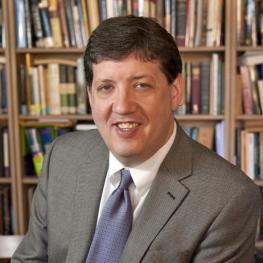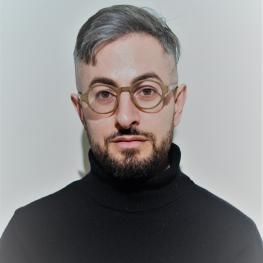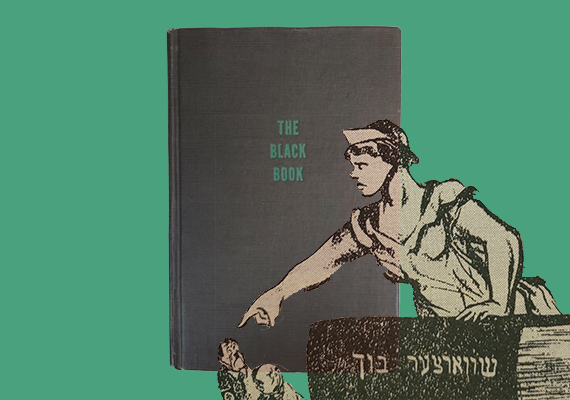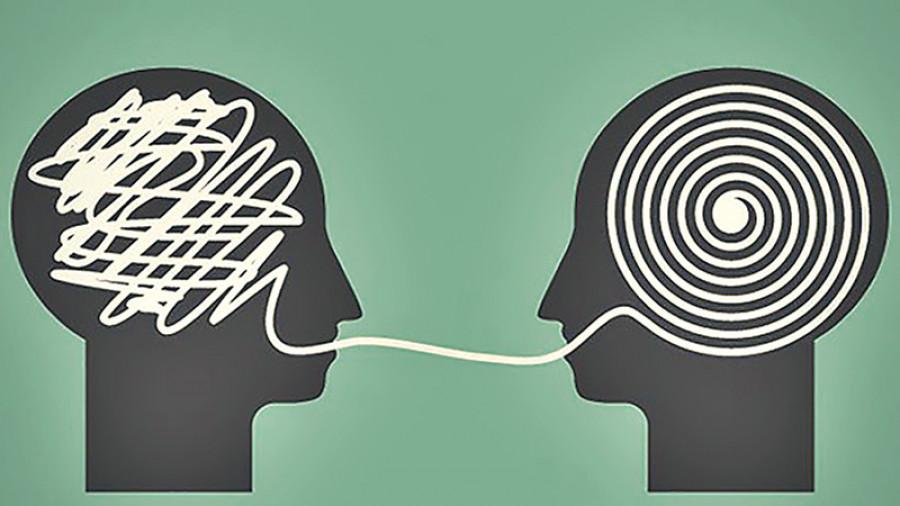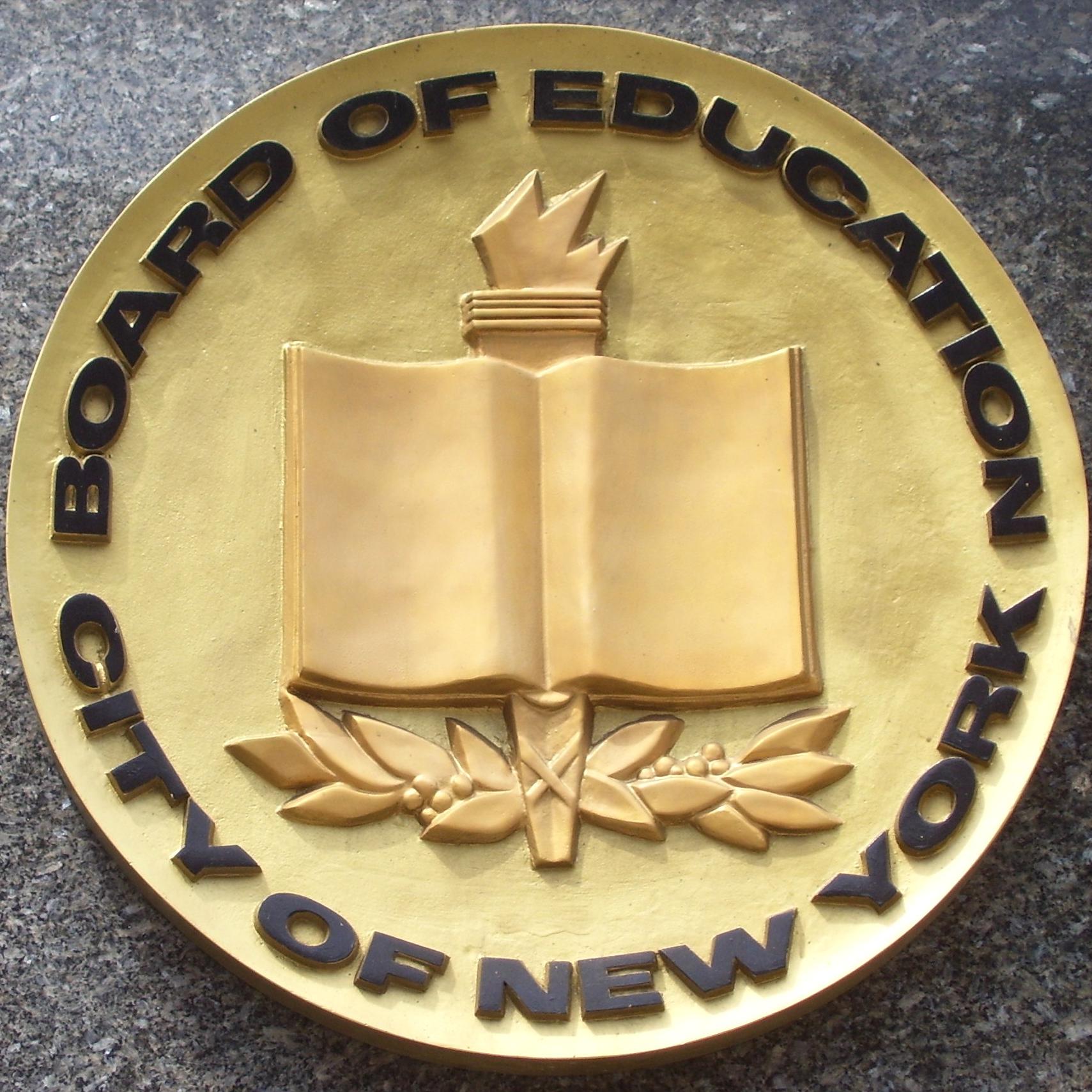Q&A: Katz Center Fellow Itamar Ben Ami Tells a New Story of Ultra-Orthodox Political Theology
Steven Weitzman speaks with fellow Itamar Ben Ami about ultra-Orthodox political discourse
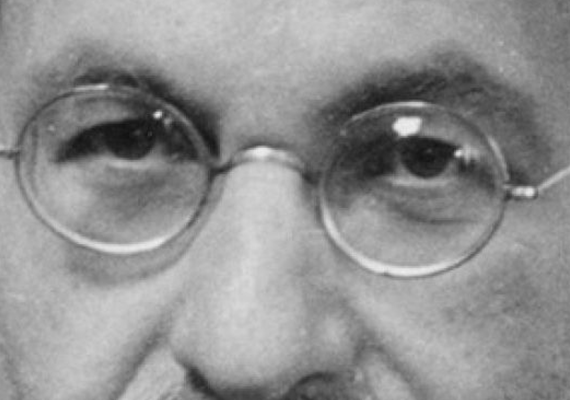
Steven Weitzman (SW): Can you tell us about your research on ultra-Orthodox Judaism and philosophy?
Itamar Ben Ami (IBA): My research aspires to tell a new story about ultra-Orthodox political theology. Typically, one tells the story of ultra-Orthodox politics in negative terms: isolation and enclave at best, reactionism and anti-Enlightenment at worst. My research offers a different narrative, finding that ultra-Orthodoxy is keenly attuned to the political discourse of the twentieth century and deeply influenced by it. Ultra-Orthodoxy developed concrete positions toward the state, modern law, and culture—themes that had not appeared as central concerns in traditional Judaism—and aspired to convert them into the ultra-Orthodox vision. In this process, ultra-Orthodoxy itself underwent a process of “politicization.” This shows us that the present incursion of religion to the public sphere is not a novel phenomenon of our post-secular age. Instead, it first appeared in the interwar period, and as such, it belonged to the time when liberalism was first introduced and experienced a deep crisis.
My work focuses primarily on the ultra-Orthodox philosopher and political activist Isaac Breuer (1883–1946), whose political philosophy one may read both as a symptom of a larger change in attitude toward politics that has occurred in ultra-Orthodoxy and as an attempt to control and give a language to this change. My research tries to seriously think through ultra-Orthodox theology with the modern political concepts that unsuspiciously appear times and again in its discourse. Instead of focusing on ideology—what ultra-Orthodox people think about Zionism, for example—I reflect on how ultra-Orthodox discourse regarding politics emerged, which concepts appeared as concerns or issues, and how ultra-Orthodox communities perceived the very reality of modern politics, including the emergence of strong welfare states, mass politics and democratization, and the liberal public sphere.
SW: How did you come to focus on Isaac Breuer, and why is he important to the story you are telling?
IBA: I first came across Isaac Breuer when I was an ultra-Orthodox child in the Bait VeGan neighborhood in Jerusalem, where one of the small streets is named after him. Later, during my MA studies at the Hebrew University, I was exposed to Breuer’s writings, and found a weird thinker—one who openly declares his admiration for Kant and Marx, compares them to Moses, and in the same breath presents Western culture as the greatest catastrophe that ever occurred to humanity. Naturally, every choice of a dissertation topic reflects a subjective, idiosyncratic taste—I have always been drawn to the enfants terribles of modernity, those who think that modernity is both inevitable and fundamentally tragic. Blaise Pascal was perhaps the first. And there is also a biographical dimension: I myself am between worlds, having grown up in an ultra-Orthodox community but now living in Berlin, a city that experienced both the glory and the trauma of modernity. But perhaps most importantly was the political dimension: we live in a post-liberal moment, when ideals such as value-neutrality and a liberal public sphere fail to cope with radical diversity and disagreements between different forms of life.
Breuer found himself somehow trapped in these dilemmas. He was born into a highly conservative community which, oddly enough, was extensively exposed to external modern culture. Breuer clearly looked outside and saw the future: thrilling and dangerous, utopian and catastrophic. Breuer turned to Judaism and reinvented it as the ultimate answer to the question of modernity, defining it as a philosophy and a form of life that solves all the paradoxes of modernity. In so doing, Breuer formulated a vision of modern ultra-Orthodoxy and, as such, he became indispensable for any analysis of this community. It is true that following the destruction of Orthodox life in Europe in the Holocaust, ultra-Orthodoxy became apolitical and focused solely on fostering its own enclave. But in our times of crisis, when ultra-Orthodoxy is becoming politicized once again, one cannot understand ultra-Orthodox political theology without Breuer. Breuer also helps us to see the limitations of ultra-Orthodox modernity and all the dangerous elements it entails.
SW: Can you give us a glimpse of any insights you have gleaned from your research at the Katz Center?
IBA: I’m currently working on a chapter that deals with the ultra-Orthodox philosophy of culture. One can often find general statements asserting that the entire idea behind ultra-Orthodoxy is the rejection of modern culture, or that ultra-Orthodoxy is nothing more than a counterculture. However, this narrative overlooks the fact that until the 1920s, there was no discussion around culture in the sense that we talk about it today, that is, as the very horizon in which one lives, and at the same time as a sphere that can clearly be separated from religious or state institutions. Only with the introduction of liberal democracies after WWI, where culture was seemingly left to its own devices and rationales, culture emerged as a question, concern, and challenge. During the 1920s in Germany, in the unique experiment of liberalism in Weimar, extensive thought around the question of culture appeared: Marxists argued that culture was subject to the insidious control of capitalism, neo-Kantians idealized it by dreaming of classical ideals, and pessimists of various kinds claimed that degenerated forms of culture were going to ruin the West.
I'm trying to understand when ultra-Orthodoxy began to invest thought in the question of culture as such, when its discourse began to present “culture” as a fundamental concern distinct from other acknowledged concerns, and as a problem about which something can and must be done. In the 1920s, one can find various ultra-Orthodox figures exhibiting a keen awareness of the realm of culture and formulating something that can be defined as a cultural criticism. I’m interested in this initial, formative moment, when ultra-Orthodox thinkers understood that something bigger called “culture” was happening and began to invent a language to capture their instincts regarding it. In Breuer’s case, one can see that he is torn between two opposing intuitions. On the one hand, his basic sentiment is entirely pessimistic; during the 1920s he developed an entirely dark worldview which deemed culture in its entirety the paradigmatic sin of humanity. On the other hand, Breuer also exhibits the opposite tendency, seeing culture as an opportunity for Orthodoxy: one can change the world by designing a good culture.
SW: Does your research shed any light on the relationship between religion and politics in Israel today?
IBA: This is indeed one of my research’s main goals. One of the dramatic changes responsible for the contemporary political turmoil in Israel is the fact that the ultra-Orthodox community has chosen to align itself with an extreme right-wing coalition and adopted a militant, populist politics defined by a sharp hostility toward liberalism. This choice has surprised many observers, as it seems to contradict everything that has been told about the ultra-Orthodox: its anti-Zionism that supposedly opposes the state; its tendency to avoid power politics and to foster instead diasporic pragmatism; and its preference to focus on what happens within the community instead on what happening in the secular world. The turn to the political Right is especially worrying given the increasing demographic weight of the ultra-Orthodox community, which will turn it into a key political actor in the coming years.
My research attempts to solve this puzzle. I argue that while ultra-Orthodoxy in Israel was forced, in light of the devastating destruction it experienced in the Holocaust, to reinvent itself as a communal but not as a political power, an unrealized political potential remained at its core. This potential was formulated in the interwar period, in the politics of Agudath Yisrael in Europe, when the prospects of shaping a Jewish public sphere were at stake and when liberalism experienced its first crisis. In these formative moments of ultra-Orthodox politics, it was liberalism—the idea of a neutral public sphere—which was defined as the enemy of ultra-Orthodoxy. My research tells the story of the enmity between ultra-Orthodoxy and liberalism. At the same time, my research reminds us that the project of antiliberal ultra-Orthodox politics was short-lived and that, as the results of antiliberal politics unfolded during WWII, Breuer significantly toned down his hostility toward liberalism. A similar process may occur at some point among contemporary supporters of ultra-Orthodox militant politics.
SW: Shifting to a more personal topic, your love of contemporary Germany and Berlin has come through very clearly this year. I am curious how you would assess the state of Jewish intellectual life there these days. What are people in the Jewish studies world thinking about?
IBA: The attraction of Israelis to Berlin is a dark riddle. On the one hand, the fact that Israel currently experiences such fundamental crises raises the question of whether Europe could once again become a center for Jewish life. And if Europe can be an option at all, then Jews must go to the original scene of the crime, to the place that once proved that Jewish life in Europe is impossible—Berlin—and demonstrate the opposite. On the other hand, one can look at Berlin with a very critical eye. Two sharp Israeli cultural critics, Elad Lapidot and Ofri Ilany, who both passed through Berlin, wrote a brilliant essay several years ago about Israelis in Berlin called “We Are Just Someone Else’s Fantasy.” Perhaps those of us who come to Berlin are “Israelis” but not “Jews,” immigrating to “Berlin” but not to “Germany.”
And yet, Berlin has become a hub for many Jewish initiatives in culture, literature, and research. One could say that Berlin is a place that both thinks and incorporates the dilemma of a future Jewish, post-Israeli life. Being often a post-political project, a Noah’s ark for Israelis who are tired of Jewish politics, Berlin is a great place for Jewish political radicalism of all sorts. A central question which troubles many immigrants is that of language. Do the diasporic Israeli Jews speak Hebrew, English, or German? (Yiddish, interestingly enough, is not an option.) But Berlin also has its truly magical moments that could never happen elsewhere. Only in Berlin can Oded Schechter, a yeshiva-oriented intellectual, conduct a seminar on the talmudic hermeneutics of Rabbi Chaim Halevi Soloveitchik, using strategies that are informed by Schechter’s post-structuralist reading of Spinoza. If everything is really lost, and there is a good chance that this is the case, Berlin at least offers to come to terms with our perplexity on our own terms.
